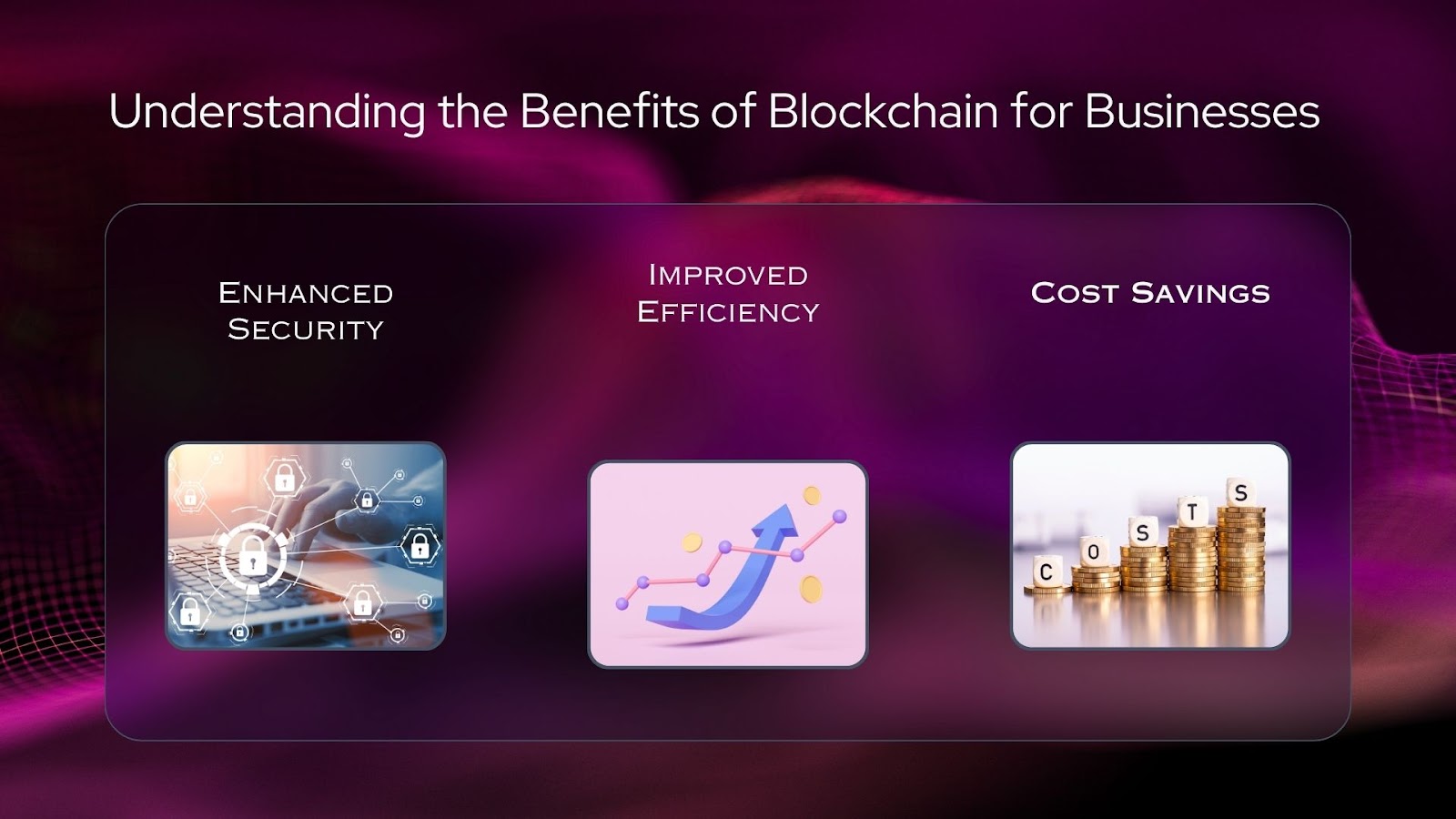In recent years, financial technology, or fintech, has dramatically reshaped the banking sector, introducing innovative solutions that challenge traditional banking models. Fintech companies utilize technology to enhance or automate financial services and processes, offering everything from payment apps to financial data analytics. This article explores the current impact of fintech on banking and predicts how it might continue to evolve and disrupt this industry.

Current Trends in Fintech
Fintech has introduced a slew of advancements that cater to a digitally savvy customer base, emphasizing convenience, speed, and user experience. The following are some of the significant trends currently shaping the fintech landscape:
Mobile Banking
One of the most significant fintech innovations has been the rise of mobile banking. Traditional banks have also embraced this trend, but fintech startups have taken it to new levels with app-based banking solutions that offer 24/7 access to financial services, real-time transaction updates, and personalized customer support—all from a smartphone.

Automated and Personalized Services
Artificial intelligence (AI) and machine learning (ML) are at the forefront of fintech. These technologies enable the automation of routine tasks, such as data entry and risk assessment, and they also power more complex operations like personalized financial advice and predictive analytics for investment. Robo-advisors, which provide automated, algorithm-driven financial planning services with minimal human supervision, are a prime example of this trend.
Peer-to-Peer (P2P) Payment Systems
Fintech has revolutionized the way people transfer money with P2P payment systems. Services like PayPal, Venmo, and Square allow users to send and receive money directly through their mobile devices without the need for bank intermediaries, often at lower fees than traditional banks.
Greater Emphasis on Security
As fintech applications become increasingly common, security concerns are rising. Future fintech developments are likely to focus heavily on enhancing security measures, including the use of blockchain technology, which offers decentralized security features that are particularly suited to financial transactions.

Expansion of Blockchain Beyond Cryptocurrency
While blockchain technology is most commonly associated with cryptocurrencies, its potential extends far beyond this application. In the coming years, blockchain is expected to transform various aspects of banking, including cross-border transactions, clearing and settlement processes, and fraud prevention.
Integration of Fintech Across All Financial Services
Fintech is set to expand its influence beyond banking to encompass all areas of financial services, including insurance, wealth management, and more. This integration promises to deliver a more unified and efficient financial ecosystem that can better serve the changing needs of consumers and businesses.
Conclusion
Fintech is not just transforming the banking sector; it is redefining it. As fintech continues to develop, it will create more accessible, efficient, and secure financial services that respond to the needs of a global, digital-first customer base. Traditional banks that embrace this change and innovate alongside fintech companies will likely thrive, while those that resist may find themselves obsolete. The future of banking lies in collaboration and adaptation, driven by the pioneering spirit of fintech.





